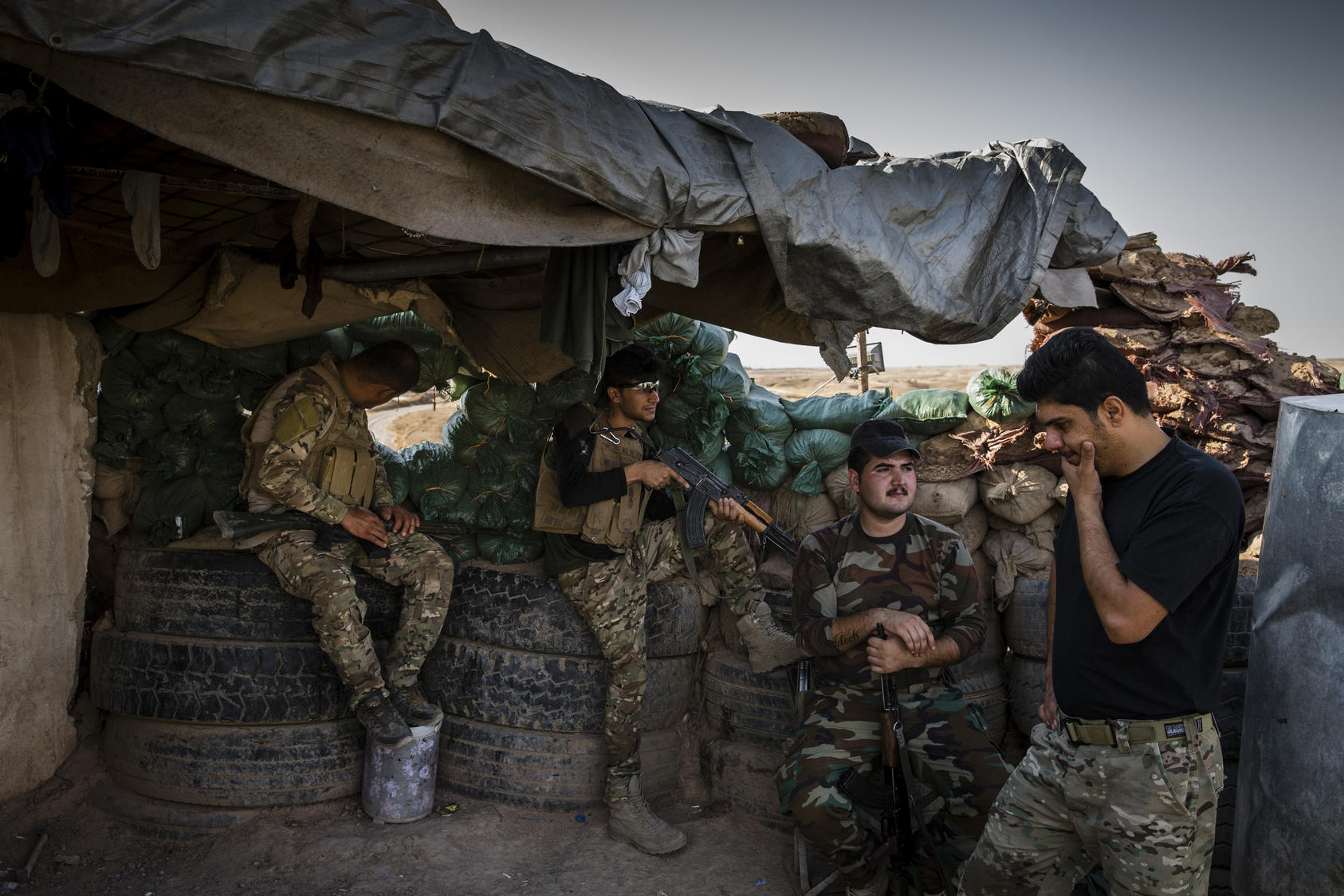The eviction of ISIS from the northern Iraqi town of Hawija in a military operation that began today will signify more than the extremist group losing a major stronghold in the country. Its recapture, delayed first for other military campaigns and then because of tensions over the planned Sept. 25 independence referendum in the nearby Kurdistan region, will pose a key test of whether Iraq can move peacefully into a post-ISIS era.

The Iraqi government and its U.S.-led coalition supporters made Mosul and its surrounding areas a higher priority for liberation. Mosul was judged to have a greater symbolic and strategic importance, as Iraq’s second-largest city and the closest major urban hub to Syria.
Yet Hawija, a Sunni Arab city south of Mosul and located in the ethnic, sectarian and religious cauldron of oil-rich Kirkuk province, has its own importance. After the toppling of Saddam Hussein in 2003, Hawija became a focal point for the Sunni resistance to the new Baghdad government and the American occupation. As Sunnis felt increasingly marginalized, the area became a breeding ground for al-Qaida in Iraq, which began calling itself the Islamic State of Iraq as early as 2006, years before the ISIS onslaught in 2014.
In April 2013, the Hawija region’s anger at the government exploded after a violent crackdown on Sunni protesters exercising what they considered civil disobedience left as many as 200 civilians dead and at least 150 injured. Such incidents fueled the surge of ISIS in the area the following year. By June 2014, ISIS had seized Hawija and much of southern Kirkuk, often with help from disaffected local residents.
Retaking Hawija will revive questions about the standing, loyalties and integration of Sunnis in the region. Kirkuk is populated by Arabs, Kurds, Turkmen and Christians. The entire province is part of territories under dispute by Baghdad and the country’s semi-autonomous Kurdistan region.
Tensions around that ethnic mix and the future of Kirkuk province have been heightened by the Kurdish government’s plans to hold a non-binding referendum on independence next week, a vote the U.S and other countries are urging be postponed.
In addition to the territorial issues, there will be questions for Hawija of how to establish conditions that will allow Iraqis to return home who fled the ISIS onslaught—or those who fled the current operation for fear of the fighting or retaliation against Sunnis by the largely Shia military units.
Hawija has one advantage in recovering from the three-year ISIS occupation: it is one of several areas where tribal, community and government leaders have entered a local peace agreement for when the area is recaptured. Supported by USIP and its Iraqi partners, Sanad for Peacebuilding and the Network of Iraqi Facilitators, the agreement was signed by more than 100 tribal sheikhs, aims to enable the return of those displaced and help lay the foundation for longer term political, economic, security and social stability.
Read Part 2: Iraq Faces New Tests After Hawija Offensive



